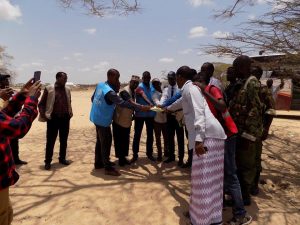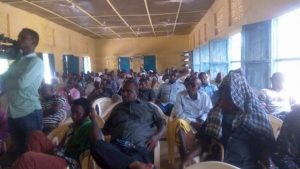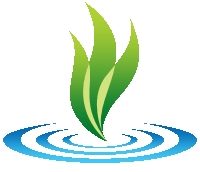The Care Waamo Organization has recently conducted a series of courses and workshops that was intended to educate activists to help teach people in rural areas how to make plans to reduce the impacts of recurrent droughts in the region. According Abdullahi Adan Hassan, the assistant chairman of the organization, the project was financed by The Swedish Agency Forum Syd through the Swedish organization Waamo Social Development Organization. Mr Abdullahi noted that this project is a part of a national adaptation plan to the environmental change. The courses were held in Kismayo, Afmadow and Dhoobleey. The courses main focus was to educate people plans to reduce impacts of droughts. The aim was to train 60 voluntary activists and those 60 activists will mobilize 540 activists, that means each course participants will mobilize 9 persons, so, the total number of those mobilized will be 600 activists. All project activities will be implemented between january 2018 to the en of Juun 2018.


But discussions and debates during the course revealed more suitable strategies needed, in order to address the problem with the best possible methods. Care Waamo representatives have summarized the important outcomes of the different courses. During the courses it was raised the risks on depending either on livestock products or cultivation because of drought or disease. There could be some difficulties especially arid areas where cultivations are difficult. But even the arid areas there could be some arable areas where semi-settled farmers or semi-nomads can cultivate sorghum, maize or beans The participants came with new initiatives to solve the problems.
1) Helping transforming the rural communities into agropastoralists
2) Creating diversified income to the rural population
3) Helping rural population to find markets for their integrated crop/livestock production
4) Creating an environment of understanding and tolerance between the two communities, the nomads and semi-settlers.
5) Encouraging people to participate efforts to increase lands productivity.
Mr Bursade Muhumed an activist and one of course leaders noted that, “now the courses and workshops are completed and we expect that this project will lead to a systematic change on how nomad people depend on single livelihood which can limit the survival of the communities. He added that “The project was successful by arranging a series of courses and workshops to three different locations. We have used the mass media to spread the information on how to prepare house-holds to minimize the impact of dry seasons. We have used Radio, TV news, special televised programs, internet and direct contact to the public. It was an interesting project and we hope we shall see the results soon.
